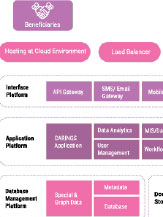MP State PM Poshan Shakti Nirman Portal enhances the Pradhan Mantri Poshan Shakti Nirman scheme by automating food grain provisioning, ensuring transparency with Aadhaar-enabled authentication, and facilitating timely digital payments. This digital platform streamlines operations to deliver nutritious meals to millions of children in government and aided schools across the state, promoting better enrolment, retention, and nutrition outcomes.
The Pradhan Mantri Poshan Shakti Nirman scheme, formerly known as the Mid-day Meal Scheme, provides cooked meals to children in classes 1 to 8 in Government and Aided schools. It aims to boost enrollment, retention, and attendance in these schools while improving children’s nutrition levels.
In 2017, the Government of Madhya Pradesh established the MP State Mid-Day Meal Council as a Special Purpose Vehicle for the effective implementation of the scheme. This council operates under the Rural Development Department.
NIC Madhya Pradesh launched an initiative to streamline and simplify the scheme’s implementation. This effort resulted in the creation of the Madhya Pradesh State PM Poshan Shakti Nirman Portal, ensuring hassle-free and rule-based execution of the scheme across the state.
Components in the Scheme
- School onboarding, student enrollment, and attendance tracking.
- Appoint cooking agencies and cook-cum-helpers.
- Allot food grains to schools.
- Pay cooking and transportation costs to agencies.
- Pay honorarium to cook-cum-helpers.
- Pay MME costs to School Management Committees.
- Monitor and evaluate scheme implementation through physical inspections.
Challenges in the Earlier Process
Scale of Operations
- Daily provision of over 66 lakh hot cooked meals to 1.12 lakh schools.
- Engagement of approximately 70,000 Self Help Groups (SHGs) for meal service in schools.
- Transportation of more than 1.5 lakh metric tons of food grains from Civil Supplies Corporation (MPSCSC) depots to Fair Price Shops (FPS) near schools.
- Payment of around 1,100 crores for cooking costs, transportation, and honorarium.
Complexity of Implementation
- Involves multiple agencies and departments with distinct roles and responsibilities.
- Requires monitoring food quality, nutrition evels, hygiene, and fair allotment of food grains
- Necessitates precise estimation of food grain demand at all schools to ensure MPSCSC can handle logistics.
- Demands timely payments to cooking agencies and cook-cum-helpers to sustain operations and growth.
Ad-hoc Systems/Mechanisms to Monitor
- Previously, districts had their own methods and mechanisms.
- These ad-hoc systems consumed significant resources, often at the expense of quality goals like nutritional monitoring and hygiene.
- Lack of reliable mechanisms led to payment delays, affecting SHG viability and volunteer motivation among cook-cum-helpers.
Innovations
Data Collaboration with the State School Education Portal
- Seamlessly integrates with the State School Education Portal for efficient data sharing.
- Real-time utilization of school information registered within the portal.
- District-level field teams can access updates and details of newly added schools.
- School enrollment data is sourced from the portal, ensuring accurate and reliable information.
Rule Engine for Food Grain Provisioning
- Incorporates a rule engine to calculate the precise amount of food grains required for midday meals.
- District teams can customize provisioning based on their specific menus and report average monthly attendance.
- State administration sets per capita food grain allotment limits and configures the number of working days to match the operational calendar.
Integration with Aadhaar-enabled Public Distribution System (AePDS)
- Designates representatives from cooking agencies to collect food grains on behalf of schools.
- Representatives undergo Aadhaar authentication at Fair Price Shops (FPS) via AePDS before receiving allotted grains.
- AePDS reports the quantity of food grains collected, ensuring transparency and accountability.
Integration with Public Finance Management System (PFMS)
- Utilizes modular components for a coherent and efficient payment process.
- Enhances overall efficiency and effectiveness of the integration.
Mobile App
- Available on both the Apple App Store and Google Play Store.
Evaluation of Scheme Implementation via Mobile App
- Structured inspection process with designated “Inspectors” assigned to assess scheme implementation.
- Inspectors conduct geo-tagged inspections using a Mobile App.
- Evaluation parameters are adaptable to align with academic priorities and government mandates.
- Real-time oversight of ongoing inspections, Inspection Diary, and School Inspection Register promotes efficient monitoring and timely intervention.
- Encourages ongoing assessment and continuous improvement.
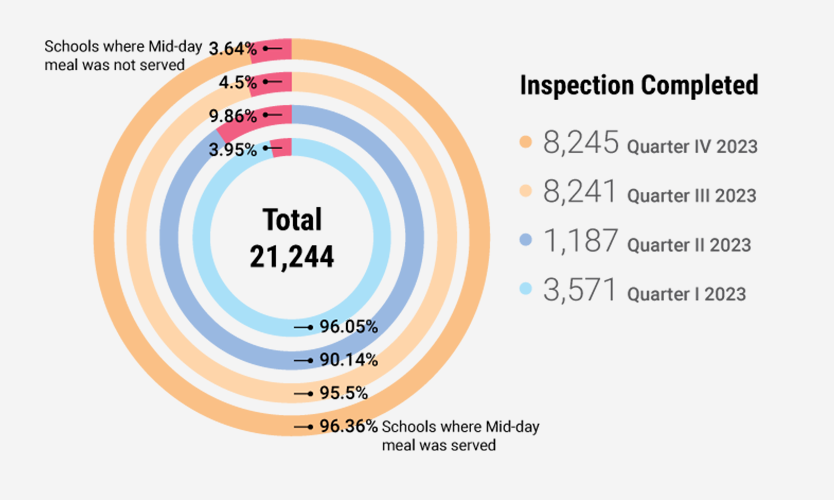
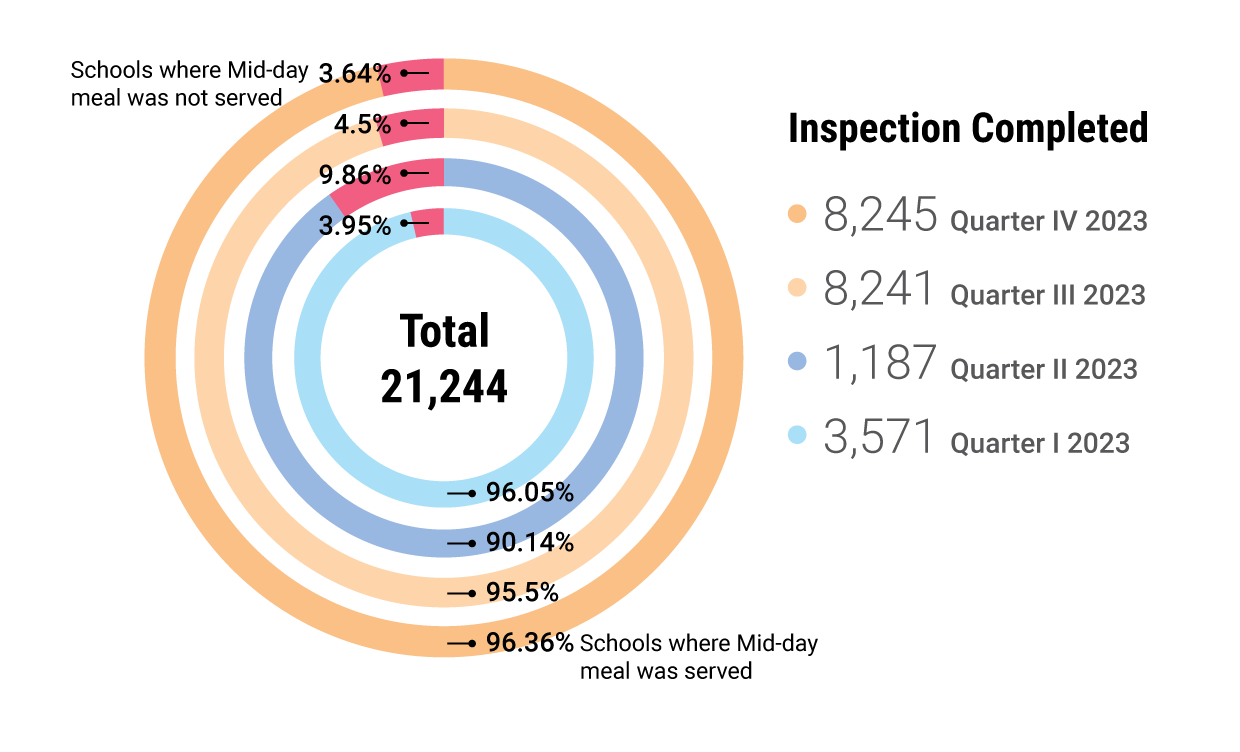 Fig 10.3: Inspections of Schools for Evaluation of the
implementation of the Schemes
Fig 10.3: Inspections of Schools for Evaluation of the
implementation of the Schemes
Dynamic Dashboard for Key Performance Indicators
The platform offers a dynamic dashboard accessible through both the web portal and mobile application, featuring significant Key Performance Indicators (KPIs):
For Schools:
- Number of schools within a district.
- Total count of enrolled students.
- Schools lacking Cooking Agencies, Cook-cumhelpers, or with zero enrollment.
Payments
- Schools where Cooking Costs, Transportation Costs, Honorarium, or Mid-day Meal Expenditure (MME) payments are pending.
- Allotment and Distribution of Food Grains:
- Schools with pending food grain allotment.
- Quantity of food grains lifted from Fair Price Shops (FPS)
| No of Attempts to Pay | No of transactions Paid Successfully | Expressed as Precentage |
| 1 | 29,38,179 | 99.36% |
| 2 | 18,683 | 0.63% |
| 3 | 248 | 0.01% |
| 4 | 25 | ~0.0008% |
| >=5 | 17 | ~0.0006% |
Cooking Agency
- List of schools receiving services from Cooking Agencies.
- Comprehensive details of payment orders for cooking and transportation costs.

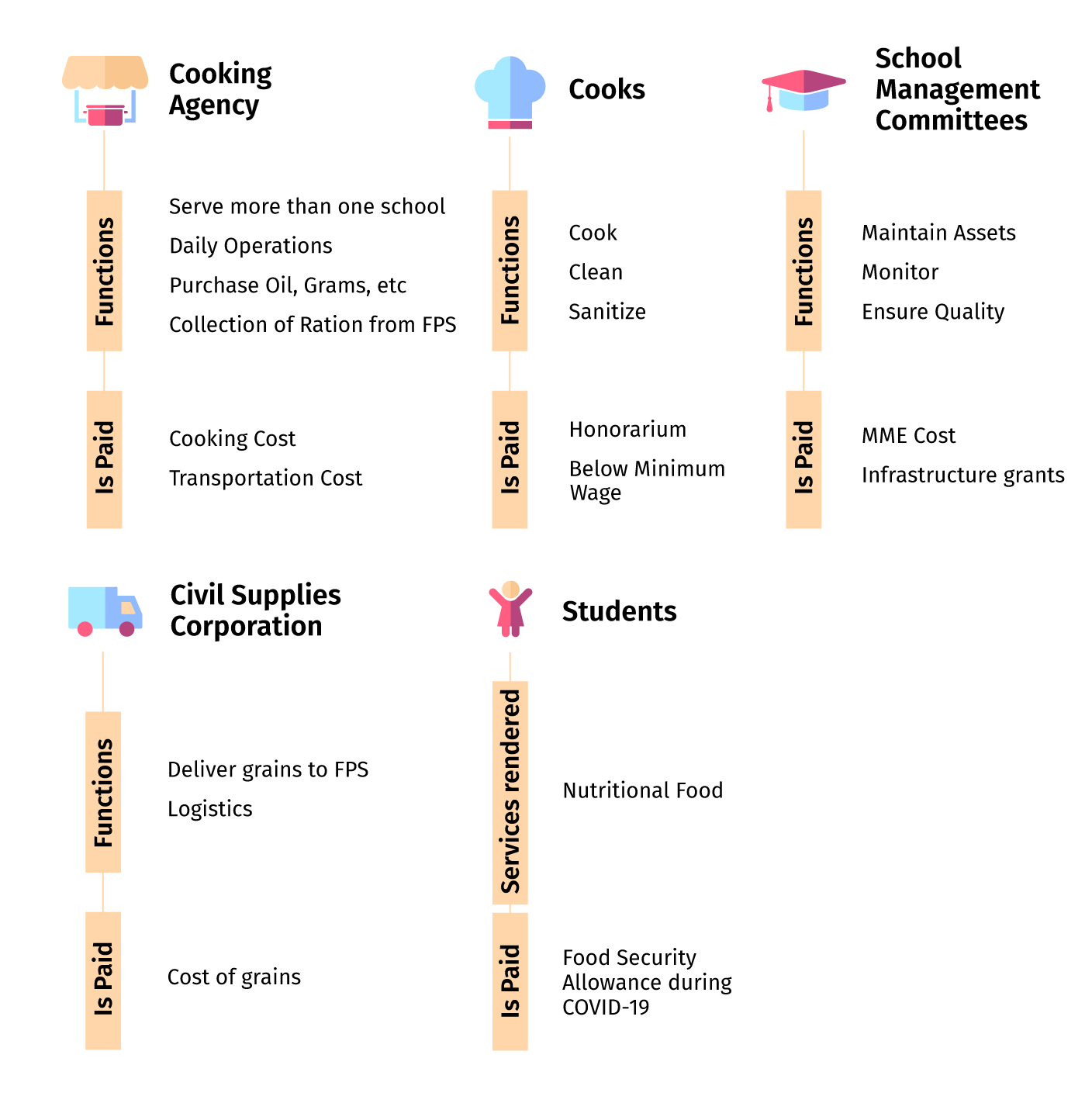 Fig 10.2: Functions and Services Offered to PM Poshan Shakti Nirman Portal Stakeholders
Fig 10.2: Functions and Services Offered to PM Poshan Shakti Nirman Portal Stakeholders
Cook-cum-helpers:
- Details of schools with active Cook-cum-helpers.
- Detailed records of all payment orders related to Cook-cum-helpers.
This comprehensive dashboard enhances transparency and accessibility, providing stakeholders with real-time insights into various critical aspects of the scheme’s implementation.
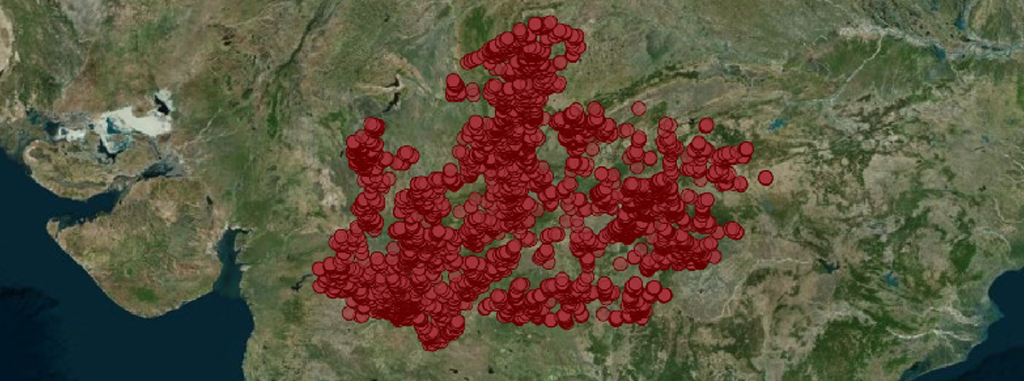 Fig 10.6: Stakeholder Schools under MP State PM Poshan Shakti
Nirman Portal
Fig 10.6: Stakeholder Schools under MP State PM Poshan Shakti
Nirman Portal
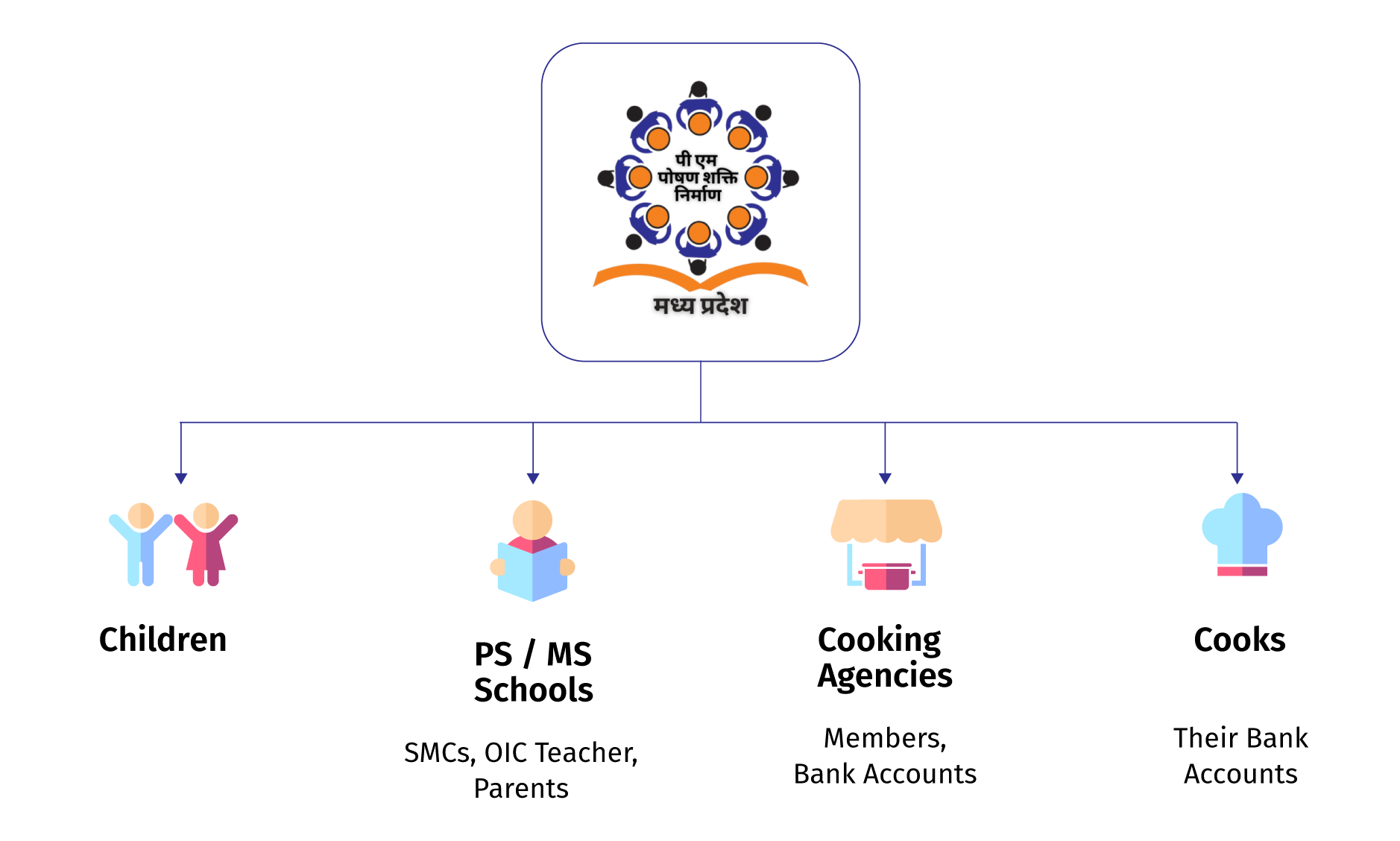
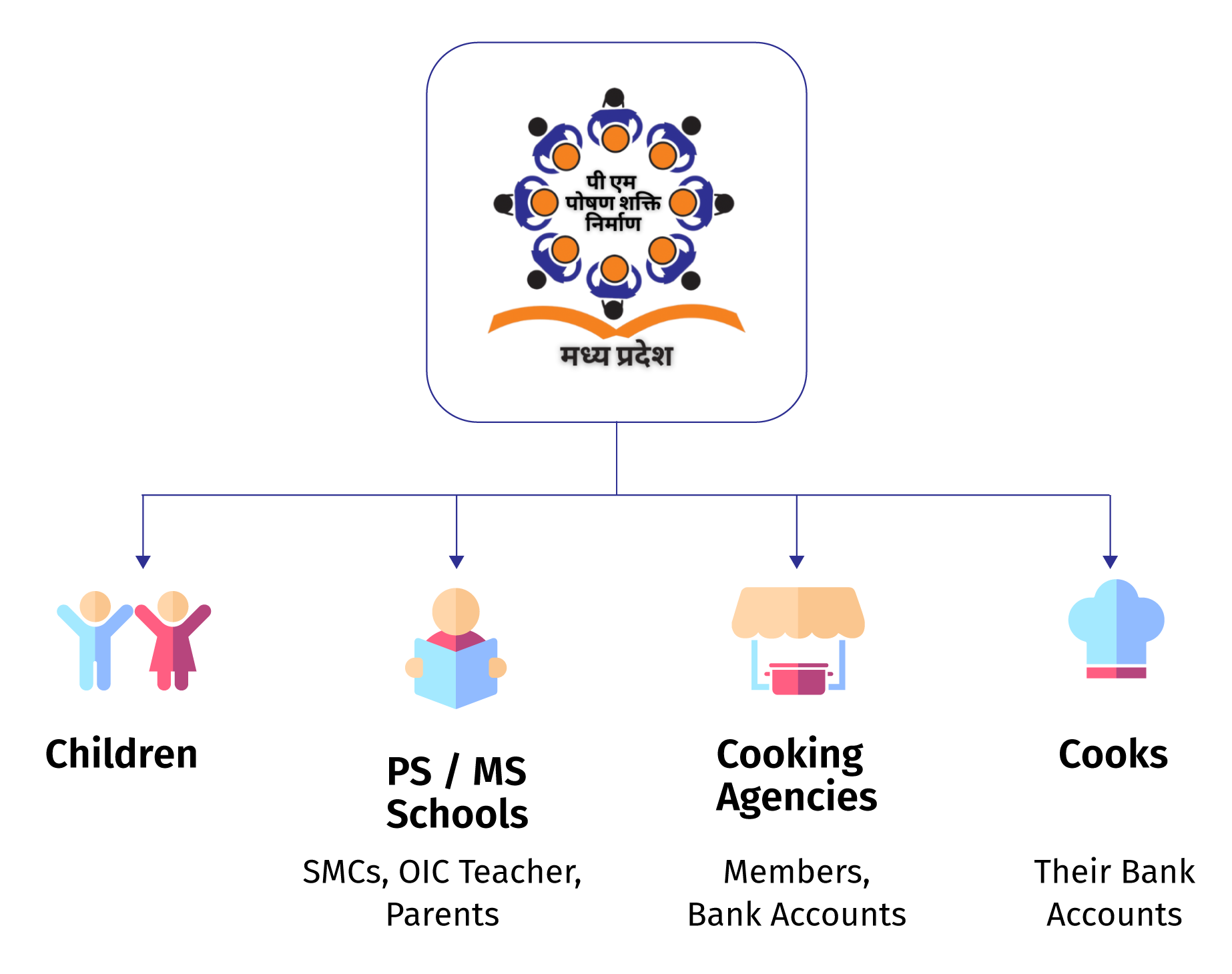 Fig 10.1: PM Poshan Shakti Nirman Portal Stakeholders
Fig 10.1: PM Poshan Shakti Nirman Portal Stakeholders
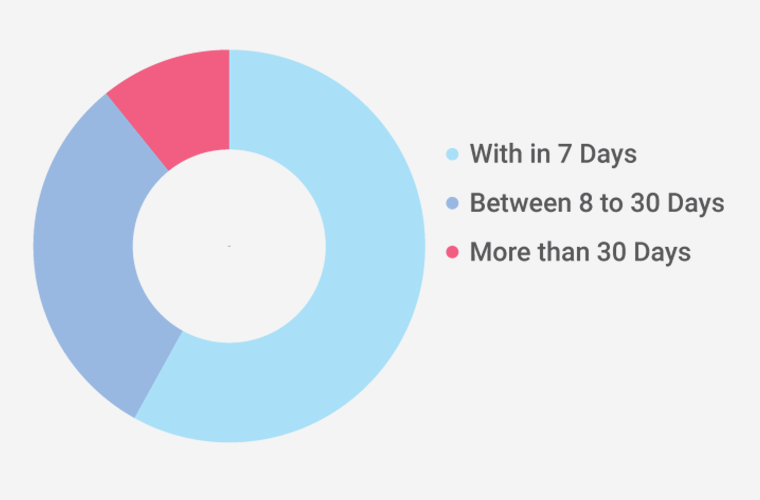
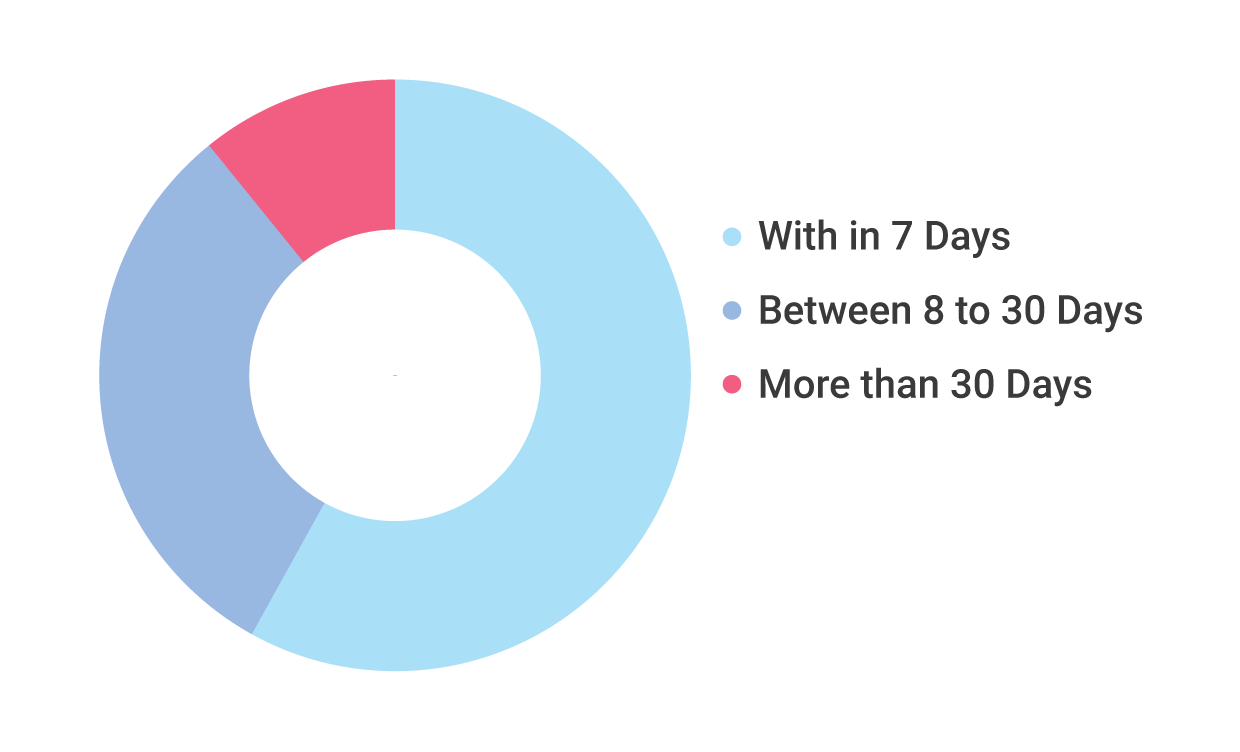 Fig 10.4: Number of days (Latency) between creating a Pay Order and the Actual Payment
Fig 10.4: Number of days (Latency) between creating a Pay Order and the Actual Payment
Benefits/Goals Achieved
Single Source of Functional Schools and Enrollment
Integration with the Online School Enrollment Register created a single source of functional schools and their enrollment across all blocks and districts in the State. This ensures no school (government/aided/madrasa) is omitted from availing the mid-day meal, preventing leakage via falsified enrollment numbers or school status.
Mobile App for Inspection Reporting
Each inspection conducted via the app generates a digital report, valuable for comprehensive analysis of scheme implementation within a school. This process fosters a sense of ownership within the field team and facilitates identifying gaps, planning strategic interventions, tracking follow-up actions, and assessing the overall impact on the scheme’s implementation.
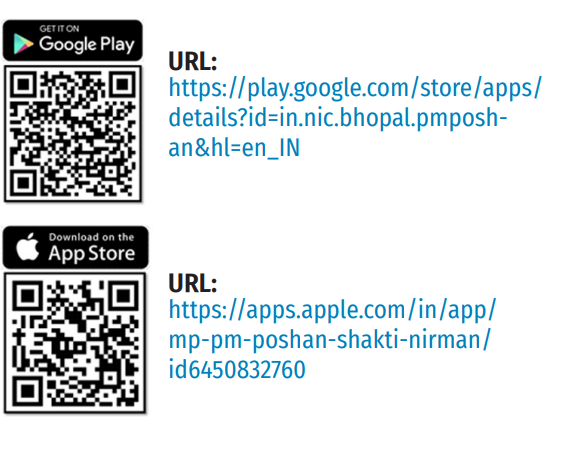
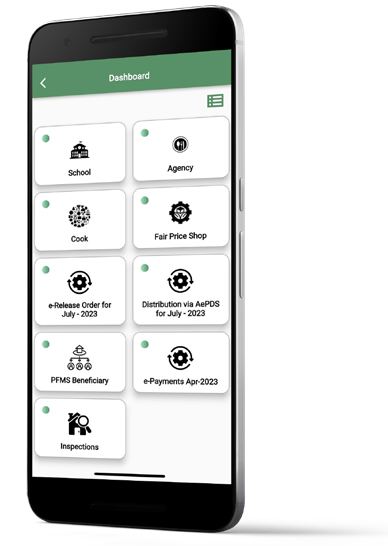
Fig 10.5: PM Poshan Shakti Nirman Mobile App
Digital Payment of Cooking Costs, Transportation Costs, and Honorarium
The digital system ensures timely payments, sustaining and engaging SHGs in the MDM scheme. Timely honorarium payments to Cook-cumhelpers (CCHs) for their voluntary services boost morale and incentivize continued engagement.
Standardized Food Grain Allotment
The system computes precise estimates of food grains required at each school, creating a standardized, customizable, and configurable allotment matrix. This precision eliminates misappropriation and accounts for regional dietary preferences and nutritional requirements.
Improved Logistical Planning
MPSCSC can access authenticated allotments for each FPS, enabling comprehensive transportation strategies. Consolidating allotments for the Targeted Public Distribution System and PM Poshan Shakti Nirman Scheme enhances efficiency, productivity, and better earnings.
Accountable Food Grain Collection
Food grains are collected from FPS via PoS devices after authentication through AUA, ensuring SHG representatives and FPS accountability. This system establishes a credible last-mile delivery channel for food grains in the MDM at schools.
Way Forward
Looking ahead, this application can benefit from advanced technologies to enhance transparency, efficiency, and effectiveness. Integrating real-time data analytics and AI-driven insights can optimize resource allocation and monitoring. Strengthening community partnerships and continuous capacity building for field teams will ensure high standards of service delivery. Innovations like blockchain for secure transactions and IoT for real-time monitoring can address emerging challenges, ensuring the scheme’s sustainability and scalability. This approach promises improved nutritional outcomes for children while building a robust framework for future welfare initiatives.
Contributors / Authors

Vijay Kumar Vishwakarma Dy. Director General & SIO sio-mp@nic.in

Sushma Mishra Sr. Technical Director mishra.sushma@nic.in
- Tag:
- Internet
- Technology
- eGov
- Tech
Vijay Kumar Vishwakarma
Dy. Director General & SIO
NIC Madhya Pradesh State Centre
‘C’ & ‘D’ Wing, First Floor, Satpura Bhawan
Bhopal, Madhya Pradesh – 462004




